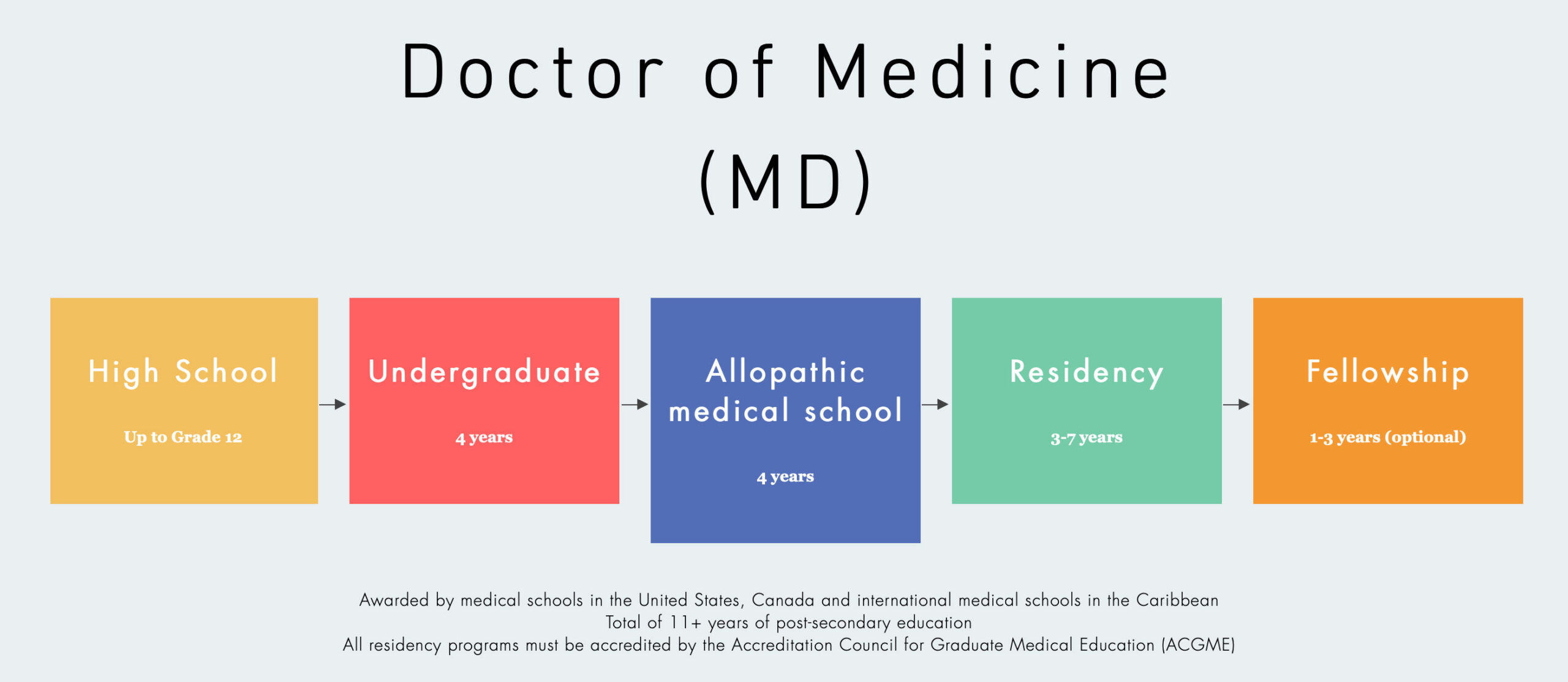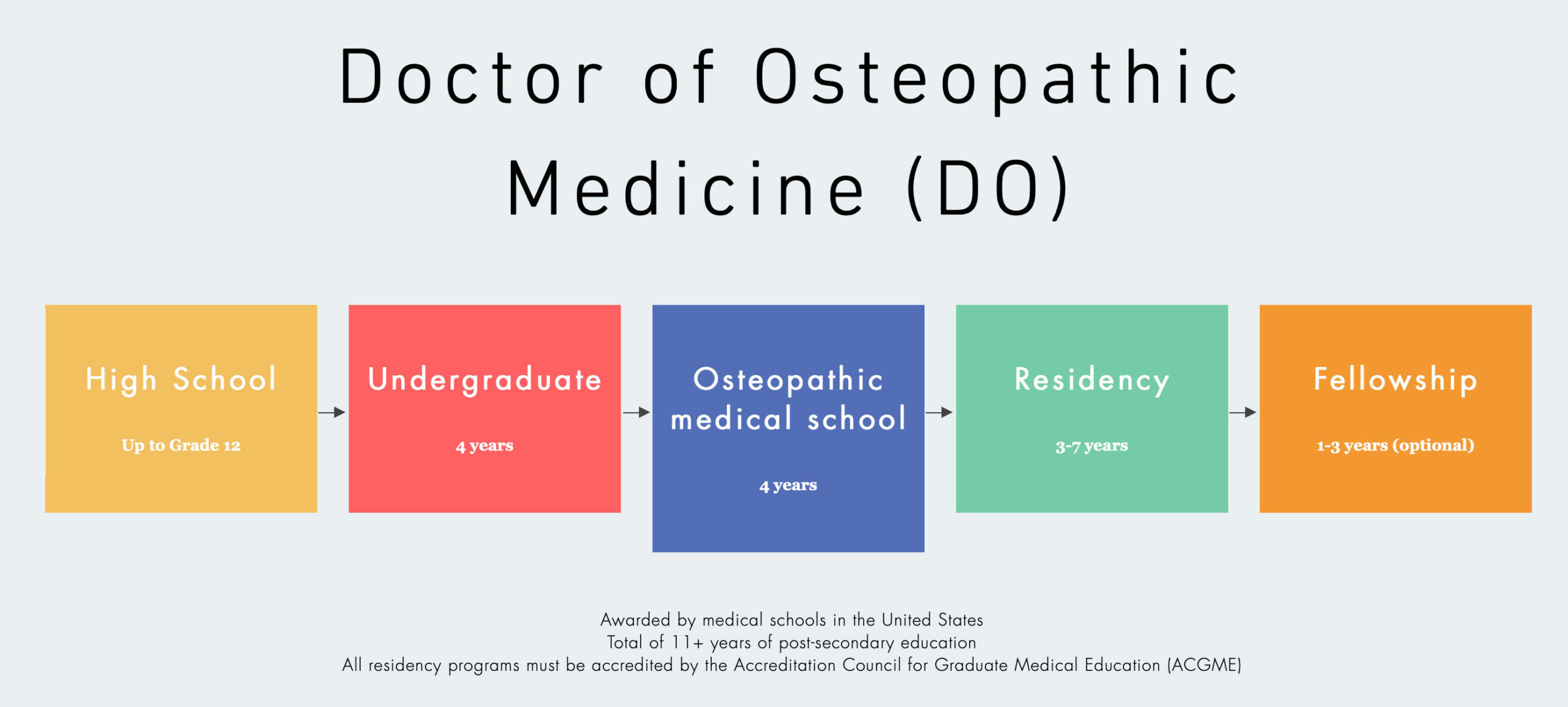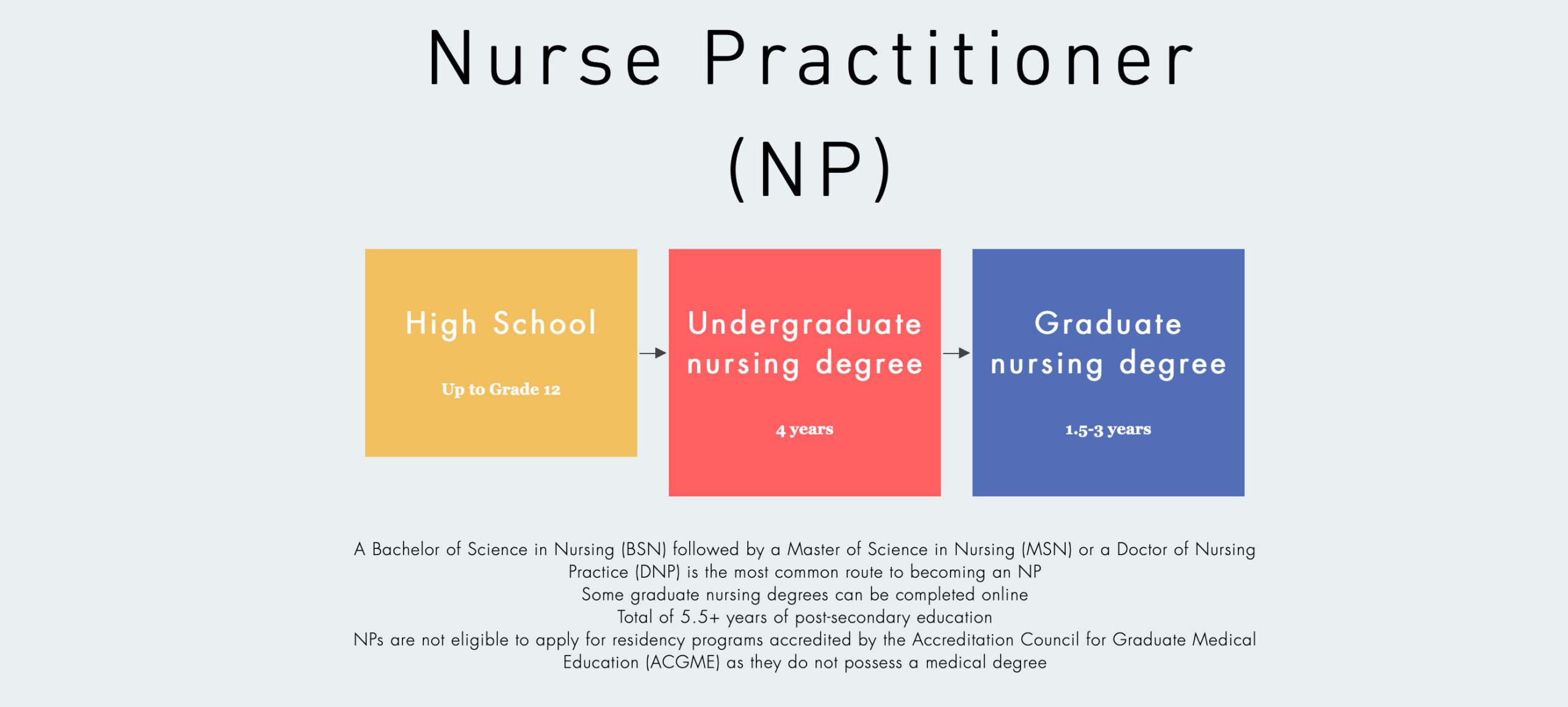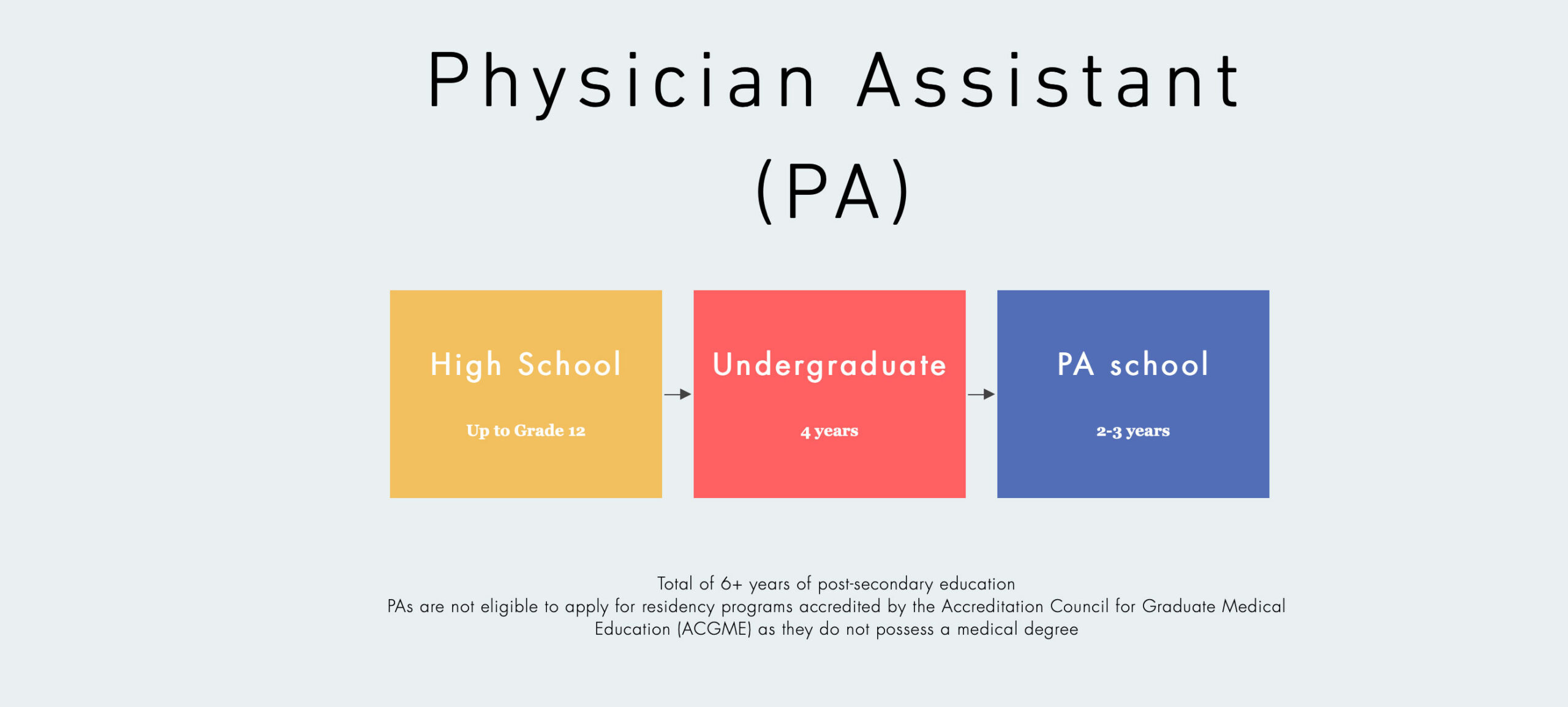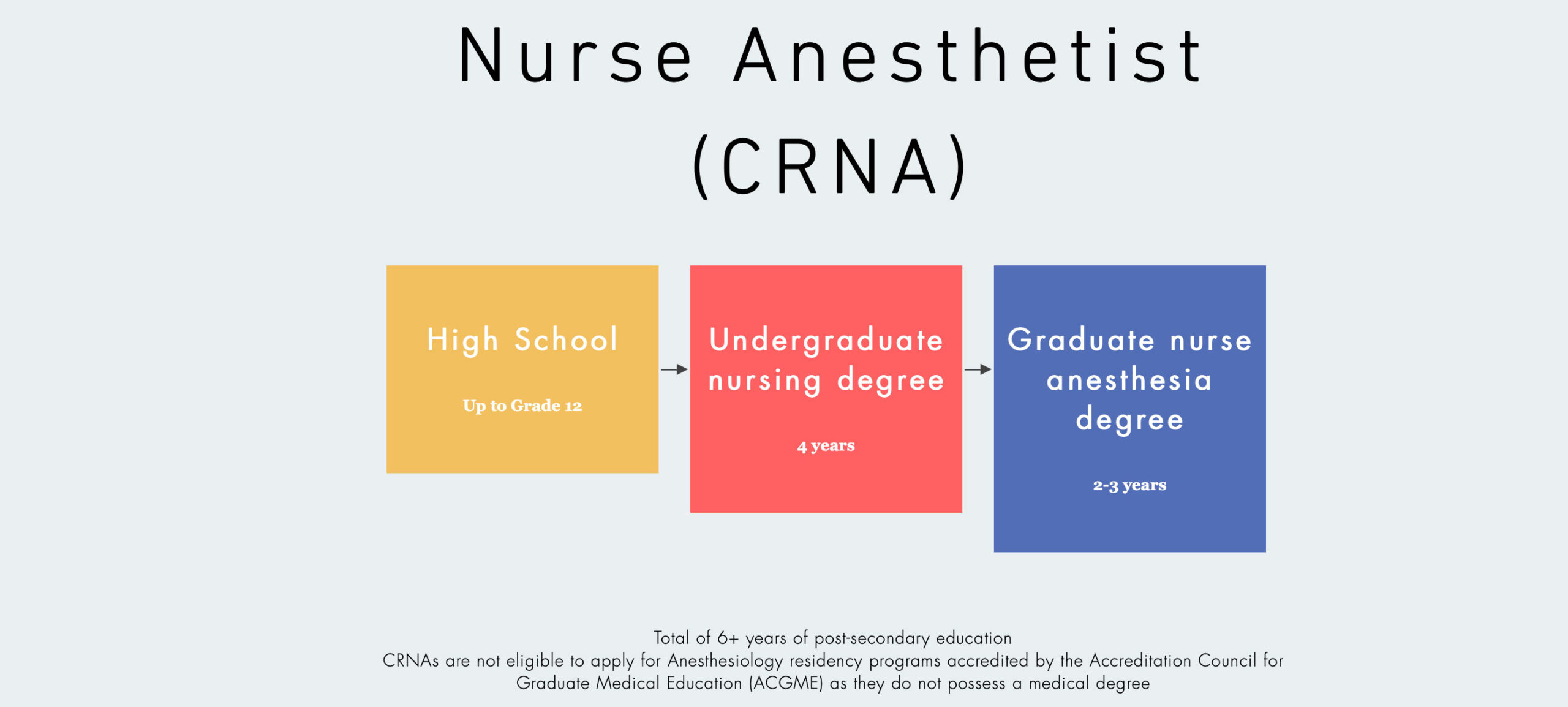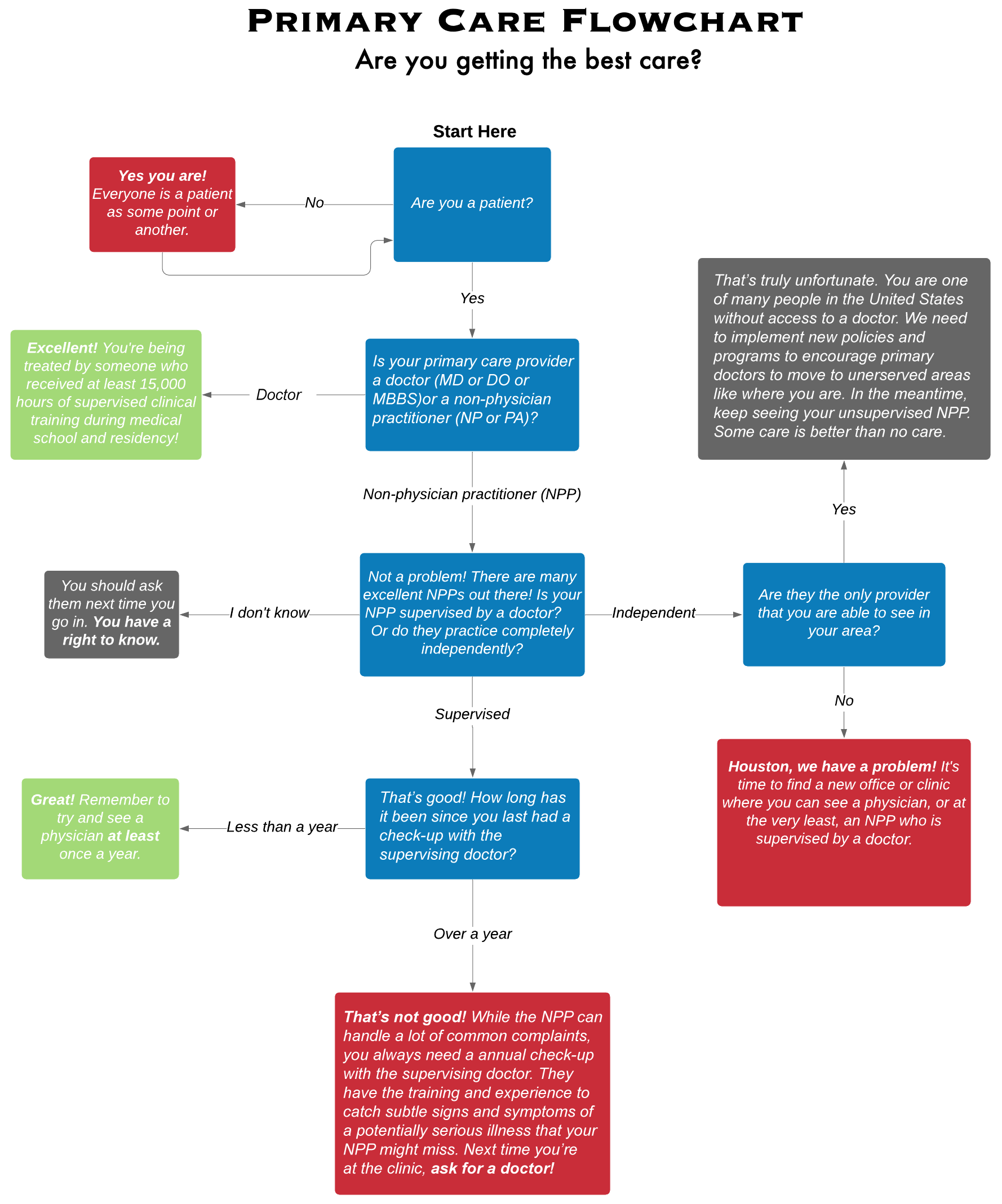“Dr.” – – Two letters, one period, so much fuss. Then again, this short combination of letters and punctuation is rather coveted. It projects expertise and draws respect. It indicates status, accomplishment, years of study. It earns patients’ trust. So perhaps it should be no surprise that more health care professionals want to see “Dr.” before their names.
But who should be allowed to call themselves a doctor? Some non-physicians say they have achieved doctoral-level academic/professional degrees and deserve the title. Others wonder if this will confuse, not help, patients in clinical settings.
The answer is to make sure you know who your “doctor” is and their profession:
PHYSICIAN –Graduate of medical/osteopathic school with residency and fellowship training
Ann Smith, DO (Doctor of Osteopathy)
Ann Smith, MD (Doctor of Allopathic Medicine)
Nurse Practitioner (NP/APN) Nurse Anesthetist (CRNA)– may have a graduate level doctoral nursing degree
Ann Smith, DNP (Doctor of Nursing Practice)
Ann Smith, DoN (Doctor of Nursing)
Physician Assistants (PA) – may have graduate level doctoral physician assistant degree
Ann Smith, DMS (Doctor of Medical Science)
Psychologists –Graduate level doctoral degree
Ann Smith, PhD (Doctor of Philosophy)
Ann Smith, PsyD (Doctor of Psychology)
Chiropractors –Graduate degree from chiropractic college
Ann Smith, DC (Doctor of Chiropractic)
Dentists –Graduate degree from dental school
Ann Smith, DDS (Doctor of Dental Surgery)
Ann Smith, DMD (Doctor of Medicine in Dentistry or Doctor of Dental Medicine)
Pharmacist – Graduate degree from a school of pharmacy
Ann Smith, PharmD (Doctor of Pharmacy)
Optometry – Graduate degree from a college of optometry
Ann Smith, OD (Doctor of Optometry)
Physical Therapy – may have graduate degree from a physical therapy program
Ann Smith, DPT (Doctor of Physical Therapy)
Audiologists – may have a graduate level doctoral degree
Ann Smith, AuD (Doctor of Audiology)
